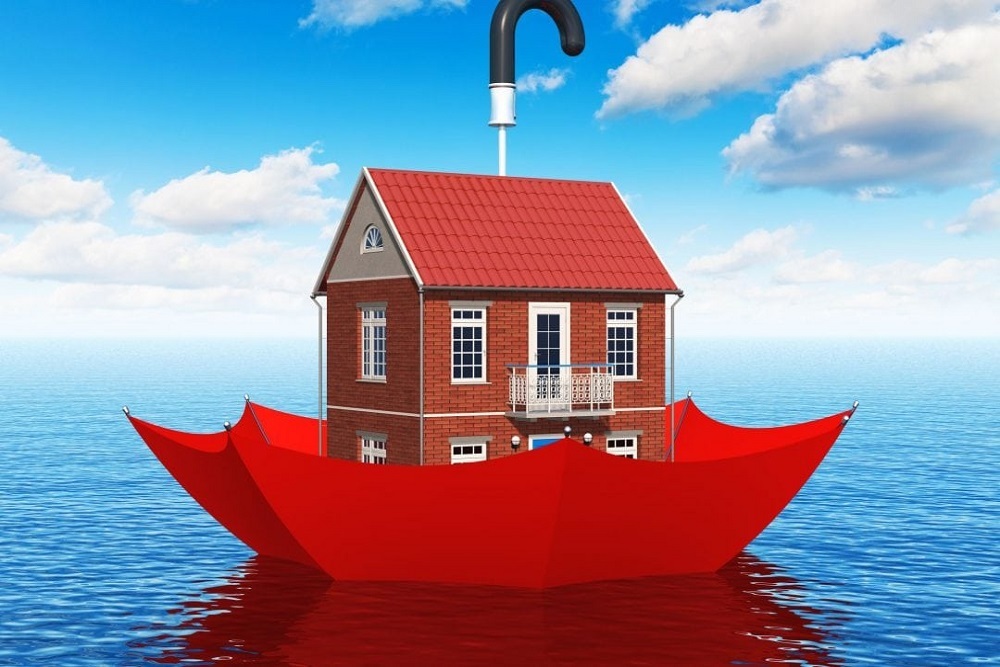American Insurance Association issued the following announcement on Sept. 18.
As residents begin to assess the damage caused by Hurricane Sally, it is critical to contact your insurer as soon as possible to get the claims process started, according to the American Property Casualty Insurance Association (APCIA). Insurers have a variety of virtual solutions in place to keep the claims process safe and efficient during the pandemic.
“Insurers can be contacted through their toll-free claims number, app, website, or by text to get the claims process started,” said Logan McFaddin, assistant vice president of state government relations for APCIA. “Residents should also make an inventory of what was lost or damaged and make temporary repairs, if it is safe to do so, to prevent further damage.”
Damage associated with wind and other severe weather is typically covered under a standard homeowners, renters or business policy. Property owners with flood damage need to contact their flood insurer to file a flood-related claims. If you have flood damage but do not have flood insurance, federal disaster assistance may be available in the form of grants and loans if a federal disaster is declared.
“If your home is unsafe to live in due to a covered loss, ask your insurer if your policy has an additional living expense provision which can help offset the cost of hotels and food,” added McFaddin.
After the storm, watch out for dishonest contractors and third parties who often go door to door preying on homeowners in need of repairs. Before signing any contracts for repair work, talk to your insurer first to make sure the damage is covered. Your insurer can help you find a reputable and licensed contractor or you can check with your local better business bureau for references. APCIA offers tips for how to avoid contractor fraud and abuse here.
WHAT TO DO IF YOUR HOME IS DAMAGED
· Contact your insurer as soon as possible to report the damage. Have your policy number ready.
· Photograph or videotape the damage to share with your insurer and keep a copy for your records.
· Make temporary repairs if it is safe to do so. If there are holes in your roof or your windows are broken, be sure to cover them as quickly as possible to prevent further damage.
· Save receipts for any materials you purchase to assist with repairs. You may submit them to your insurer for reimbursement.
· Do not throw away any damaged items until an adjuster visits your home. Keep in mind that due to COVID-19 and social distancing, you may collaborate with an adjuster via a video call instead of in-person.
WHAT TO DO IF YOUR HOME IS FLOODED
· Shovel or scrape mud off floors, furniture, and walls before the mud dries. Then hose down the walls with clean water, starting from the ceiling.
· Major appliances, such as refrigerators and stoves, can be washed and dried completely. In most cases, they will not be damaged unless they were operating at the time the water covered them.
· Diluted chlorine bleach can be used to clean household items, appliances, walls, and floors and will help control odors.
· Wood furniture should be dried outdoors, but not in direct sunlight. Remove drawers and other moving parts before they dry.
· Food utensils and equipment should be washed thoroughly and sterilized before using. Any food that is open and exposed to flood waters should be discarded.
WHAT TO DO IF YOUR VEHICLE IS FLOODED
· Be cautious about starting a vehicle that has been exposed to flood waters, and if your vehicle is missing report it to the police.
· If the water got above the floorboards, or the seats are wet, do not try to start the car. The electrical system is the most sensitive to water damage and trying to start the car could cause more damage.
· Open the hood and check the air filter. If it is wet, do not try to start the car.
· Report the loss to your auto insurer and protect the car from further damage by covering any broken windows. Water damage to a vehicle is typically covered under an auto policy if the policyholder has chosen to purchase comprehensive physical damage coverage.
Original source can be found here.










 Alerts Sign-up
Alerts Sign-up